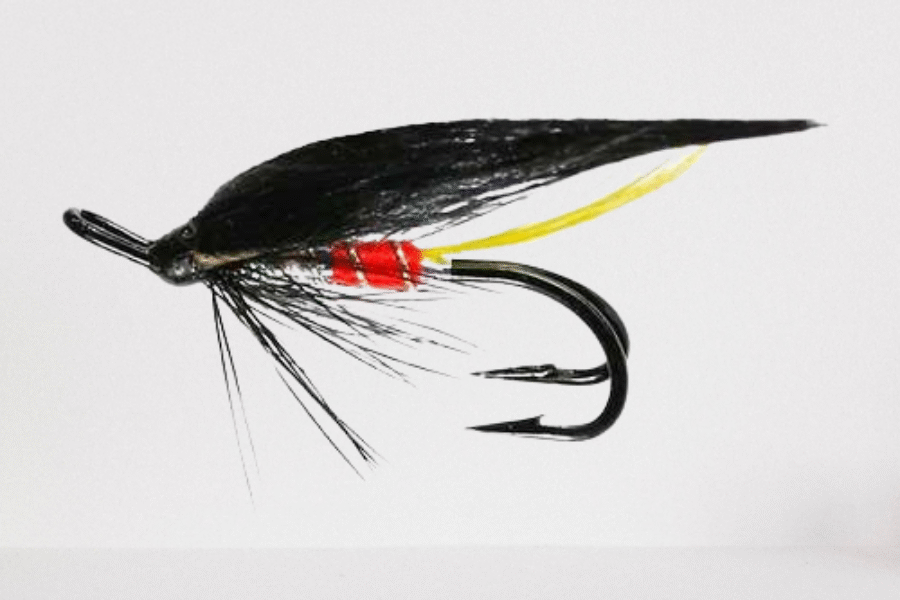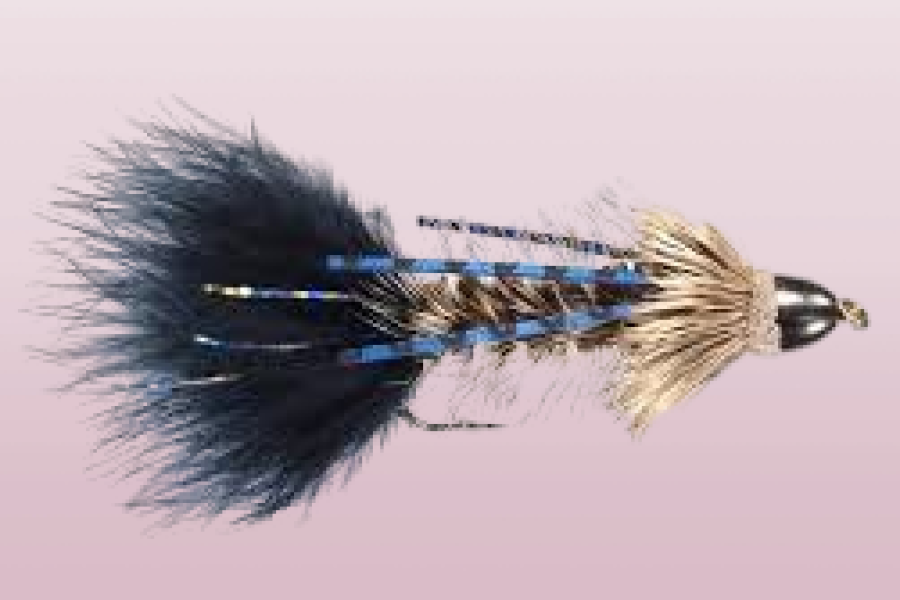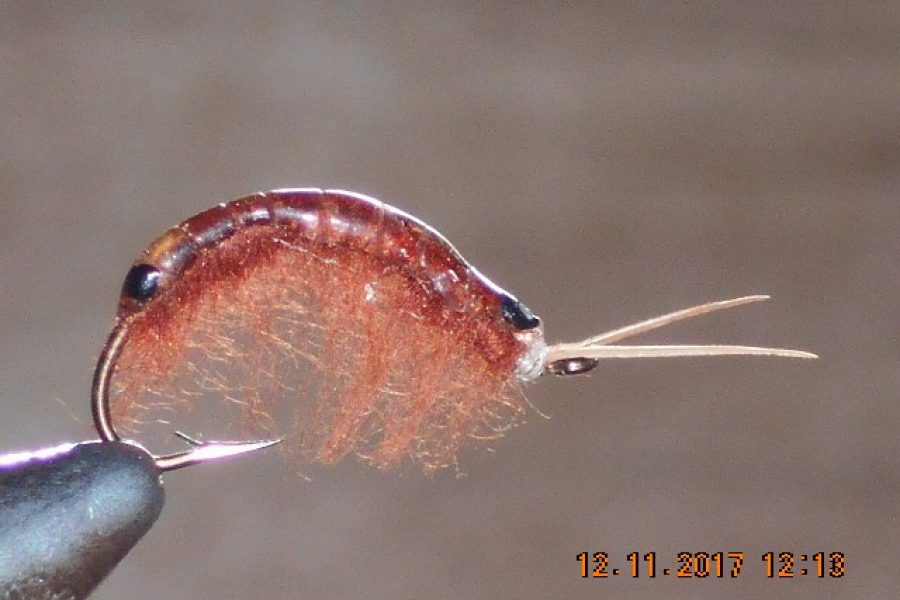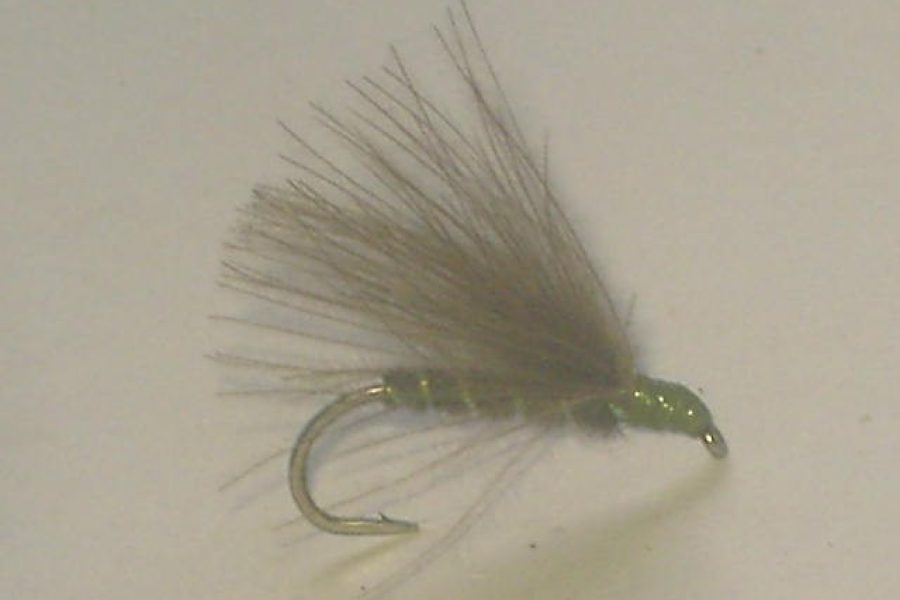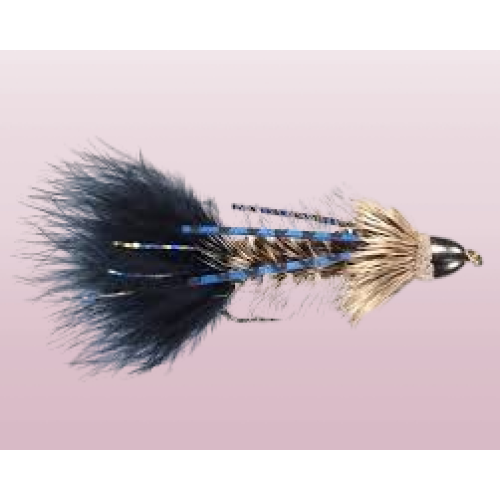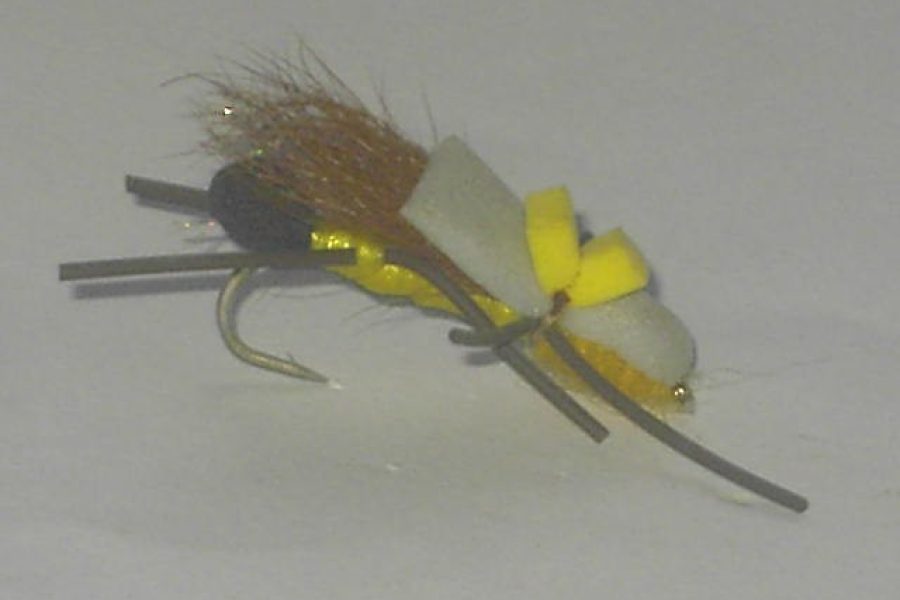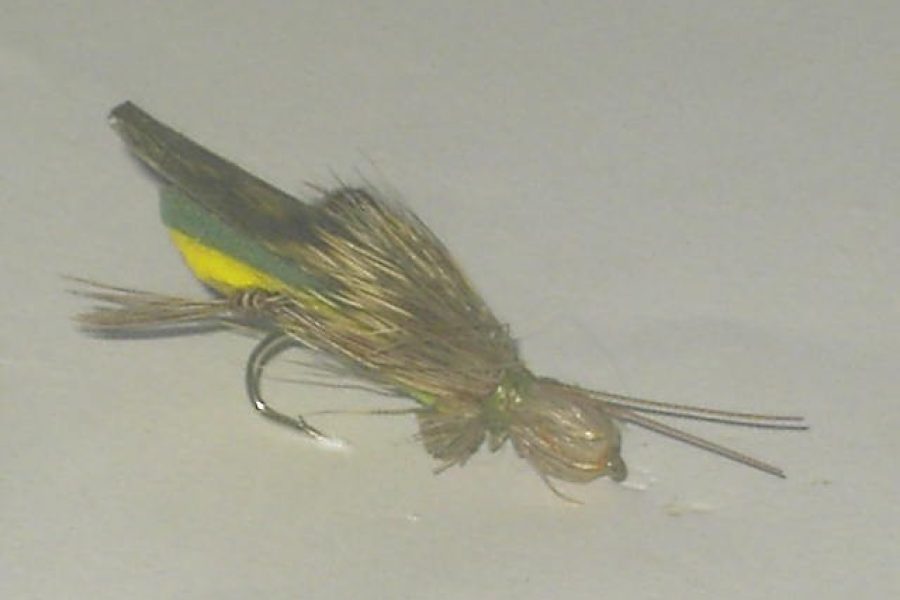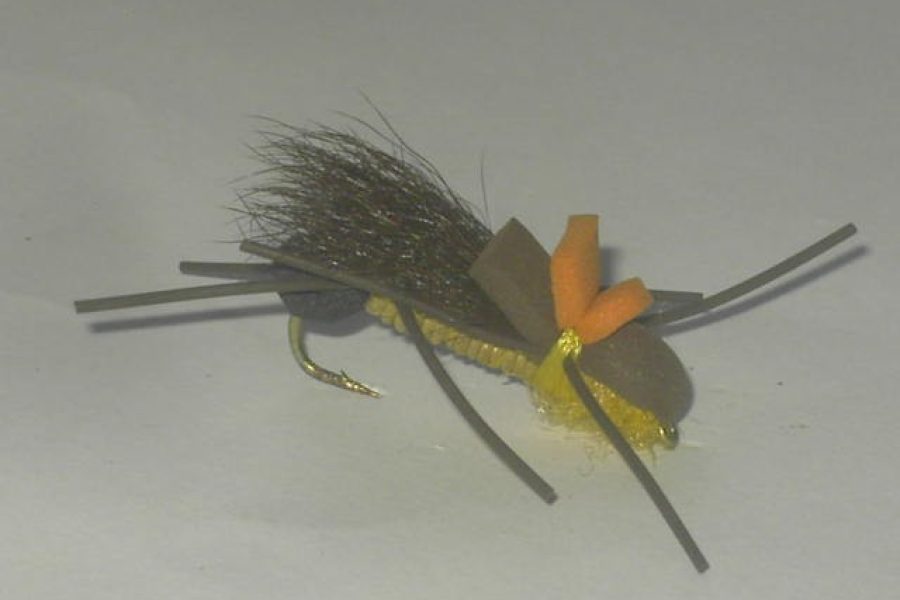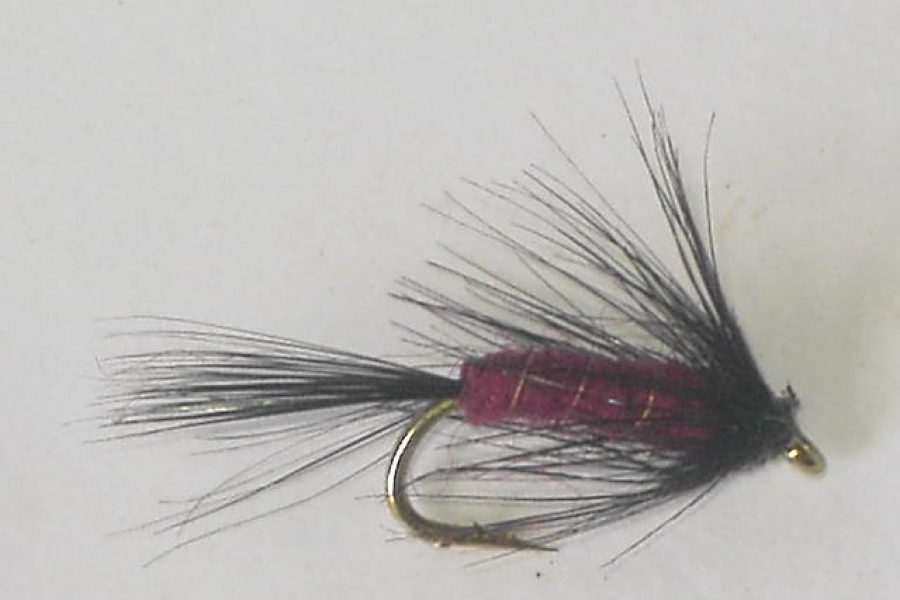Description
Cone Head Bow River Bugger – Premium Streamer Pattern
The Cone Head Bow River Bugger represents the perfect fusion of classic streamer design, combining the best elements of the Woolly Bugger and Muddler Minnow with modern innovation. This meticulously crafted pattern has earned its reputation as a go-to choice among serious anglers worldwide, delivering consistent results across various fishing scenarios.
Design Excellence and Innovation The pattern showcases sophisticated yet practical design elements that set it apart from standard streamers. Its carefully engineered cone head provides superior sink rates and action, while the hybrid body design creates a highly natural yet visible profile that predatory fish readily recognize. The combination of traditional materials and modern weighting makes it particularly successful in various water conditions.
Material Selection and Technical Construction Every component is carefully selected for both performance and durability:
- Premium cone head
- Quality marabou tail
- Strategic flash materials
- Durable thread base
- Strong hook selection
- Reinforced construction techniques
Strategic Fishing Applications This pattern excels in multiple scenarios:
- Deep runs
- Fast currents
- Various water depths
- Multiple water types
- Diverse conditions Each environment allows the pattern to showcase its effectiveness.
Seasonal Effectiveness The pattern demonstrates remarkable productivity throughout the year:
- Spring: High water periods
- Summer: Deep pools
- Fall: Aggressive feeding
- Winter: Deep presentations Seasonal adaptations in presentation maximize success.
Species-Specific Performance While primarily designed for trout, the pattern proves deadly for:
- Brown trout
- Rainbow trout
- Brook trout
- Bass
- Various predatory species
Water Presentation Characteristics Superior presentation qualities include:
- Natural swimming action
- Perfect silhouette
- Realistic profile
- High visibility
- Lifelike movement
Advanced Retrieval Techniques To maximize the pattern’s effectiveness:
- Strip-and-pause
- Steady retrieve
- Various speeds
- Pattern manipulation
- Depth control
Technical Advantages Key performance benefits include:
- Superior sink rate
- Natural movement
- Excellent visibility
- Durable construction
- Multiple fishing applications
Line and Leader Configuration For optimal presentation:
- Floating lines
- Sinking lines
- Strong tippet
- Proper turnover
- Direct connection
Environmental Adaptability The pattern performs consistently across:
- Various water clarities
- Different current speeds
- Multiple water types
- Various light conditions
- Different temperature ranges Competition and Professional Applications The Cone Head Bow River Bugger has established itself in serious angling:
- Tournament proven
- Guide’s choice
- Professional use
- Teaching pattern
- Reliable producer
Size Variations and Pattern Modifications Available in multiple configurations:
- Sizes 2-8
- Cone weight options
- Color variations
- Flash modifications
- Profile adjustments
Storage and Maintenance Requirements To maintain optimal performance:
- Store in compartmented boxes
- Protect materials
- Regular inspection
- Proper drying essential
- Hook maintenance
Advanced Rigging Techniques Multiple rigging options enhance versatility:
- Traditional setup
- Short leader design
- Strong tippet selection
- Direct connection
- Quick-change systems
Historical Context and Evolution The pattern’s development reflects:
- Bow River heritage
- Modern innovations
- Refined proportions
- Proven effectiveness
- Continuous adaptation
Quality Control Standards Each fly maintains strict requirements:
- Precise cone placement
- Proper proportioning
- Construction integrity
- Material selection
- Pattern uniformity
Fishing Location Selection Optimal fishing locations include:
- Deep runs
- Structure areas
- Current seams
- Drop-offs
- Undercut banks
Weather and Condition Considerations Pattern effectiveness varies with:
- Water levels
- Current speed
- Water clarity
- Temperature
- Light conditions
Presentation Techniques Achieving proper presentation through:
- Accurate casting
- Proper mending
- Drift control
- Distance management
- Line control
Color and Profile Characteristics The pattern’s design provides:
- Perfect imitation
- Realistic appearance
- Low-light effectiveness
- Natural match
- Effective silhouette
Movement Characteristics Natural movement achieved through:
- Cone head action
- Marabou pulsing
- Body design
- Material flexibility
- Presentation technique
Durability Features Construction elements ensuring longevity:
- Reinforced cone attachment
- Quality material selection
- Proper proportioning
- Strategic construction
- Hook point protection
Target Species Behavior Understanding fish response to:
- Pattern profile
- Flash attraction
- Movement triggers
- Feeding patterns
- Strike triggers
Water Type Adaptations Effective across various waters:
- Large rivers
- Small streams
- Lakes
- Different currents
- Various structures
Casting Techniques Specialized casting methods:
- Roll casting
- Overhead casting
- Line speed control
- Loop formation
- Wind adaptation
Strike Detection Recognizing takes through:
- Visual observation
- Line movement
- Leader hesitation
- Direct strikes
- Tactile detection
Hook Setting Techniques Proper hook setting through:
- Timing considerations
- Pressure control
- Direction management
- Follow-through
- Fish behavior reading
Fighting Techniques Landing fish effectively:
- Pressure application
- Direction control
- Line management
- Fish behavior adaptation
- Landing strategies

